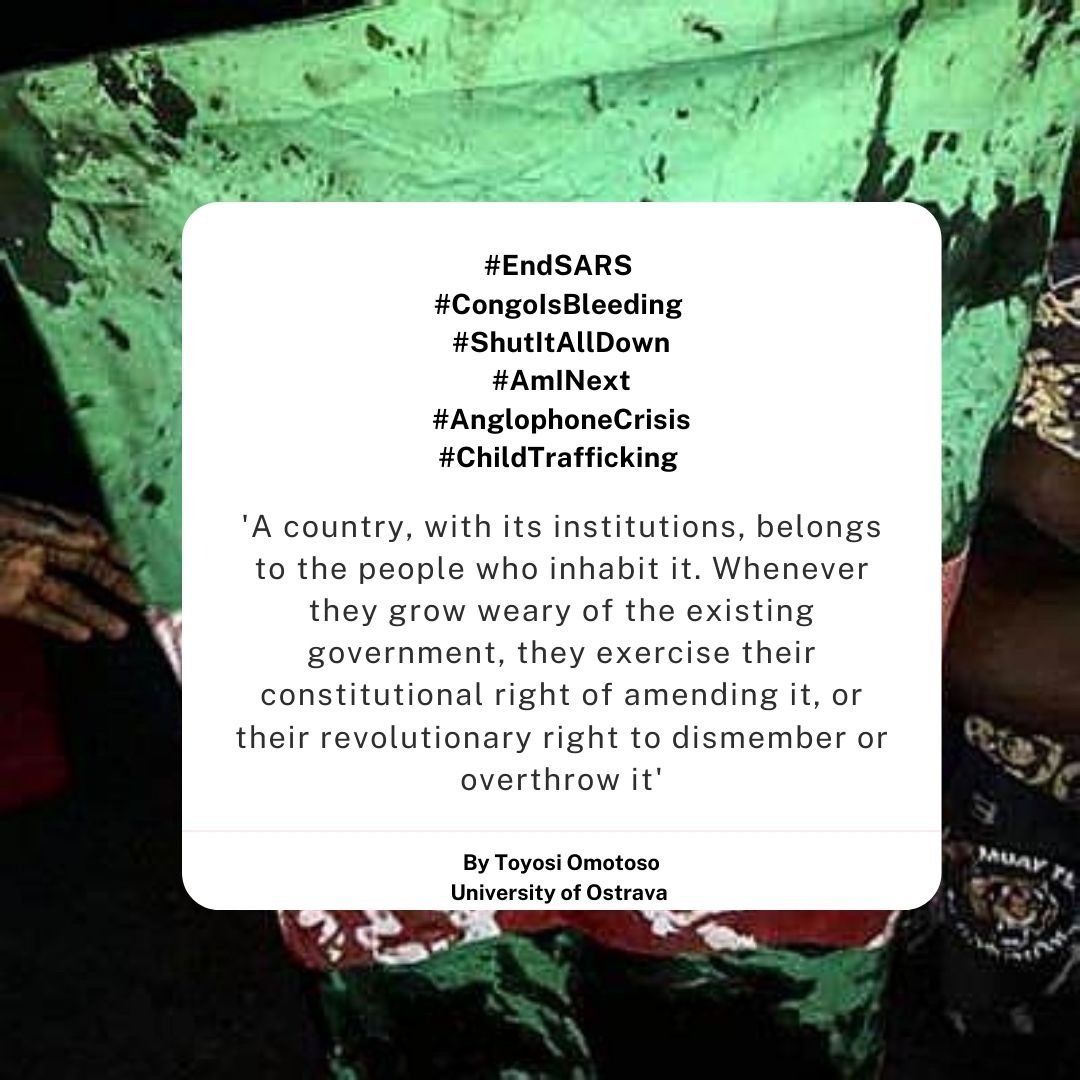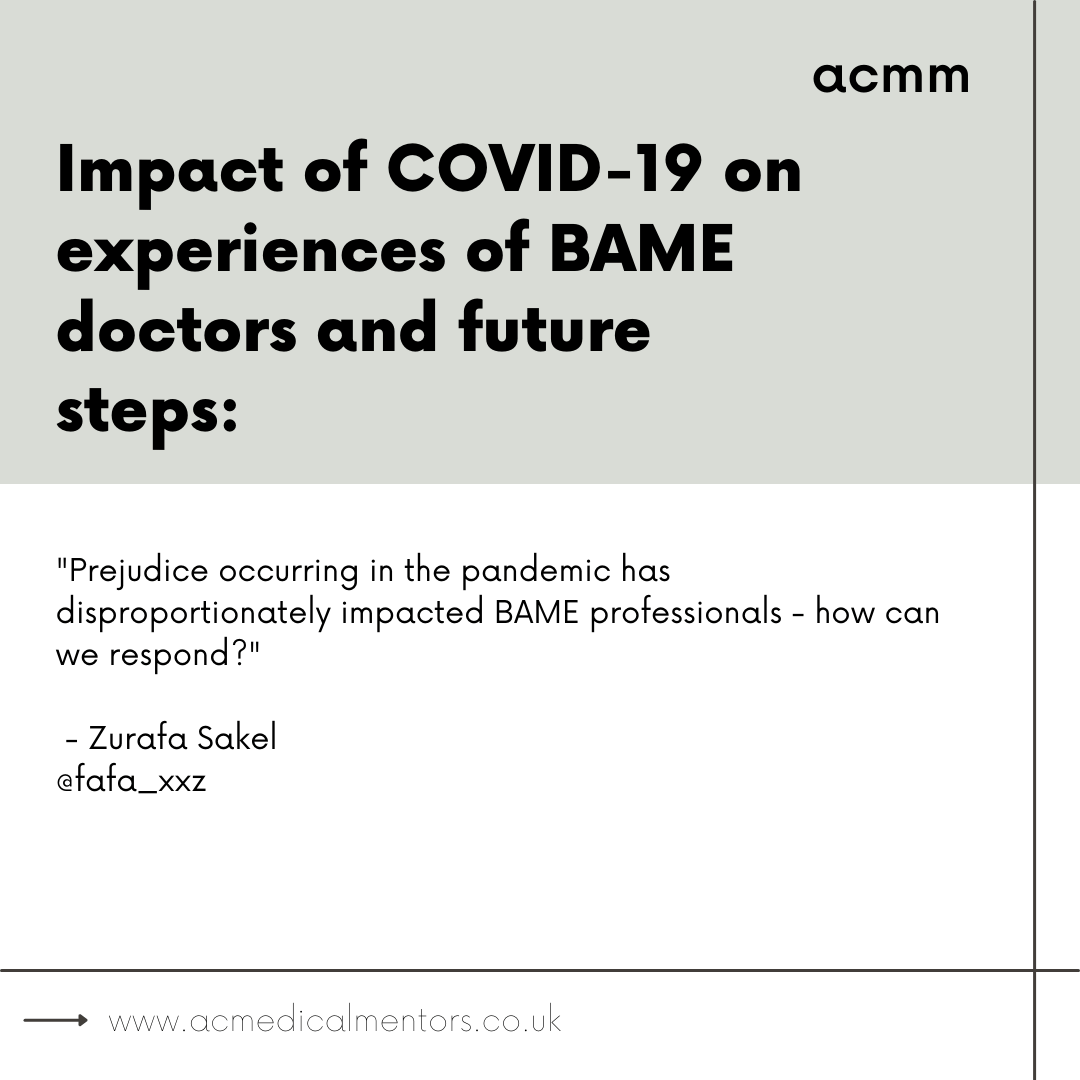The great vaccination debate
As I was scrolling through my timeline on Twitter, I came across the shocking case of the unvaccinated French boy may have introduced measles back into Costa Rica whilst there on holiday with his family. What makes it worse is that measles is highly contagious disease, posing great threat to a country which had been free of the disease for 5 years prior to this event taking place. The boy and his parents were kept in isolation within a medical facility in Costa Rica, during which time reports on other children at the boy’s school in France, infected with same virus, also surfaced.
This story alongside the general ongoing debates on infant immunisations, to me, raise an important question. Should parents have a choice when it comes vaccinating their children, considering the devastating impact not vaccinating children could consequently have on other individuals. Conversely, the paper by Andrew Wakefield in 1998 linking the MMR vaccine to autism has since created a lot of sceptical parents, which although understandable, generates a sense of shame and fear through insinuating the general public are still suffering as a result also 2 decades later.

The World Health Organisation have even stated that “vaccine hesitancy- the reluctance or refusal to vaccinate despite the availability of vaccines” is one of the 10 most serious threats to human health, and I’ve got to say I agree. Vaccinations are such a cost-effective method of preventing 2-3 million deaths annually, but their progress can be easily hindered by the lack of people taking them or the lack of access some people have to them. For these reasons there has been a 30% increase in the cases of masles worldwide.
But regardless of my opinions here are some pros and cons of vaccinations for children:
Pros:
-Vaccines can save lives
-The ingredients in vaccines are safe in the amounts used
-Major medical organisations such as the CDC and FDA state that vaccines are safe
-Adverse reactions to vaccines are extremely rare
-Vaccines provide herd immunity
-Vaccines save children and their parents time and money
-Vaccines protect future generations
-Vaccines have eradicated smallpox
Cons:
-Vaccines can cause serious and sometimes fatal side effects ie. A life-threatening allergic reaction
-Vaccines contain harmful ingredients
-The government intervene in personal medical decisions which arguably should be left up to the parents
-Mandatory vaccines infringe upon constitutionally protected religious freedoms
-Vaccines are unnatural, and natural immunity is more effective than vaccination
-Diseases that vaccines target have essentially disappeared
-Most diseases that vaccines target are relatively harmless in many cases, thus making vaccines unnecessary.
Another time to get vaccinations is now approaching – freshers’ week. During this time many students move to new locations and meet a plethora of new people; they can become introduced to new bacteria that their bodies are not used to. A consequence of this could be a term called “Freshers flu”. I had always thought that this condition was made up before experiencing it myself, despite being up to date on all of my vaccinations. If you are reading this article as fresher, and aren’t up to date, my advice is that now might be a good time to look into this.
I believe that it is important that everyone has access to vaccines as prevention is always better and in the long-term cheaper, than cure. It is very important that people are educated about the risks of not getting vaccinated, for not only themselves and their children but also for the wider world.
Article written by Mona-Lisa Fynn
Edited by Elina Daitey










